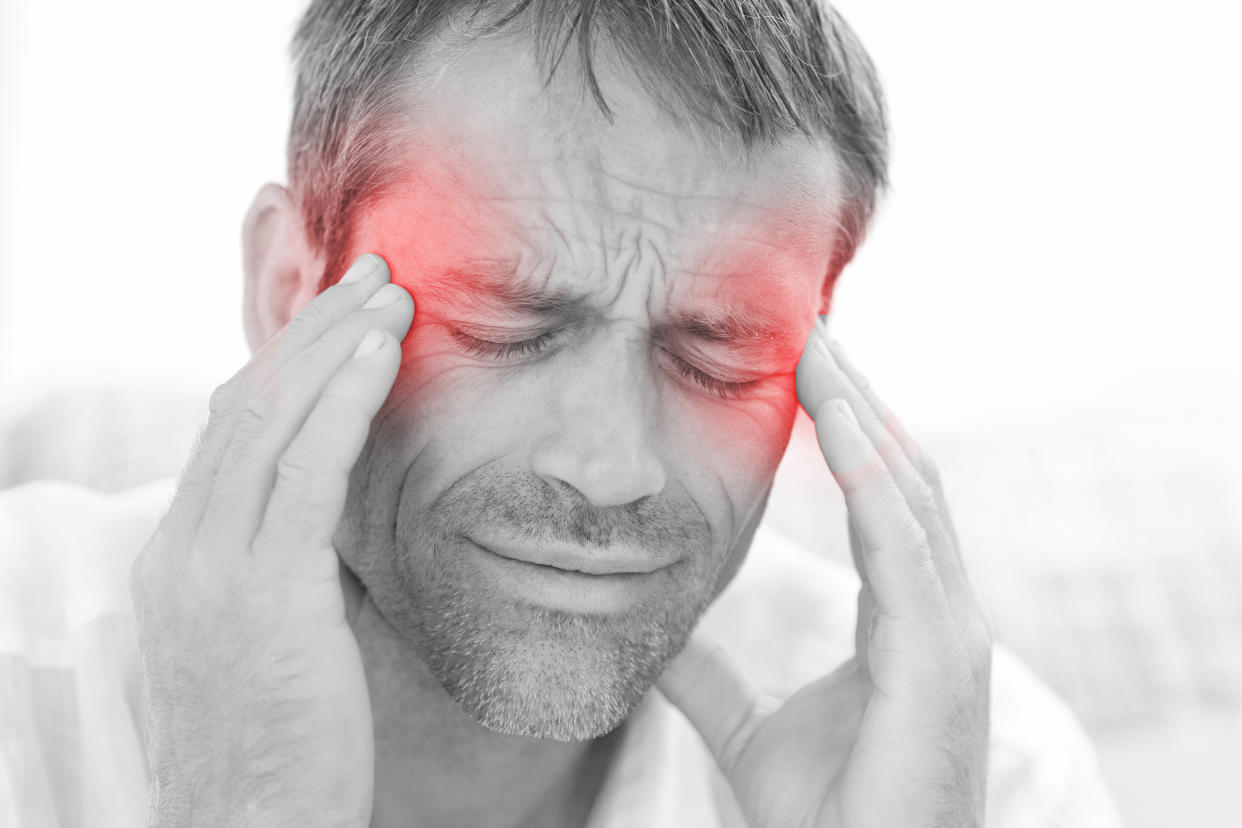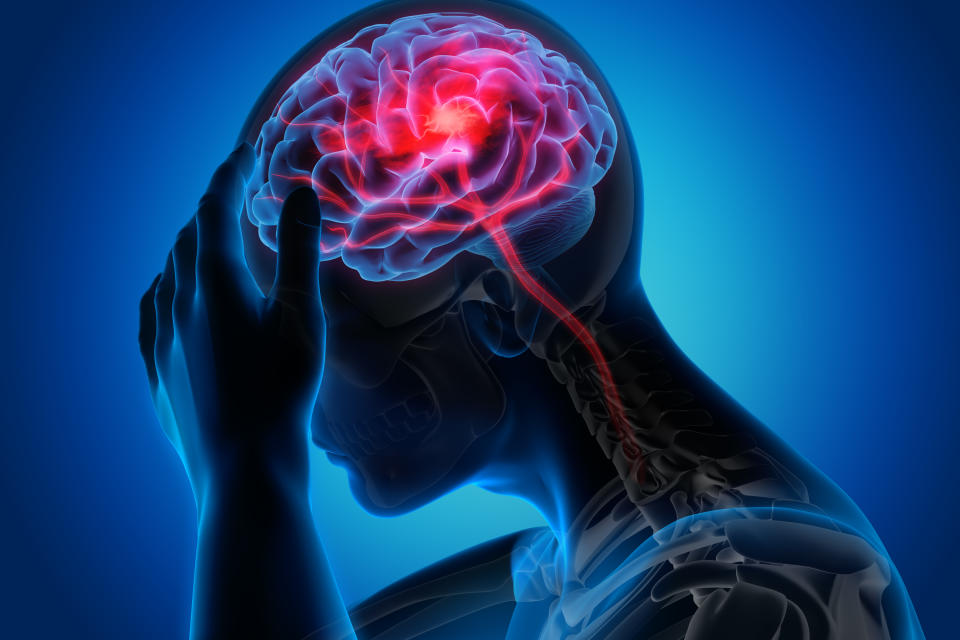Stiff upper lip attitude ‘stops stroke victims calling 999’

A charity has warned Britons are not calling 999 when experiencing stroke symptoms due to a stiff upper lip mentality.
Amid the coronavirus outbreak, deaths have been markedly higher than average, even among patients who did not have the infection.
Read more: Avocado a day could ward off strokes
People over 65 are said to be the least likely to call for an ambulance, despite the risk of stroke increasing with age.
The Stroke Association has warned “stoicism kills” and is urging Britons not to “keep calm and carry on” when it comes to their health.
‘Your life matters’
A stroke is a life-threatening condition that occurs when the blood supply to part of the brain is cut off.
The sooner a patient is treated, the more lasting damage can be avoided.
More than 100,000 strokes occur every year in the UK; around one every five minutes.
In the US, over 795,000 people have a stroke annually; one every 40 seconds.
Read more: Olympic rower paralysed after a spinal stroke - what is it?
“Stoicism kills and the British sense of ‘keep calm and carry on’ doesn’t save lives,” said Juliet Bouverie, chief executive of the Stroke Association.
“It’s really worrying to see the people most at risk of stroke are most likely to die at home because they were too frightened of bothering the emergency services – your life matters.
“Stroke is a brain attack. When you see the signs of stroke, you need to raise the alarm right away by calling 999.”

‘Hospitals are ready to treat strokes safely’
Between 7 March and 1 May, 130,009 deaths were registered across England and Wales.
This is an “excess” of 46,380 fatalities compared to the five-year average.
While a high number of casualties may be expected during a pandemic, 12,900 of these “additional” fatalities (27.8%) did not mention the coronavirus on the death certificate.
One explanation for this may be delayed care, with patients putting off going to hospital over fears they may catch the infection.
Avoiding medical care could “result in an increase in deaths from causes that can be quickly fatal without treatment if earlier symptoms are not treated”.
Data from the Office for National Statistics reveals deaths at home have risen by 54% compared to the five-year average, citing strokes as a potential culprit.
Hospital admissions in England were also down 38% on the week ending 21 June from what is normally expected at this time of year.
A survey of 1,000 people, carried out on behalf of the Stroke Association, found more than a third (35%) of those over 65 are less likely to call 999 when experiencing non-coronavirus symptoms amid the pandemic.
More than half (51%) of the older participants added they would not go to hospital because they do not want to “burden already busy emergency services”.
This is despite government and NHS officials both stressing the NHS is “open for business”.
“On my acute stroke unit in Exeter and across the country stroke specialists have seen striking reductions in the number of people coming into hospital with the symptoms of stroke during the coronavirus pandemic,” said Professor Martin James from the Royal Devon & Exeter Hospital.
“Our hospitals remain well equipped and ready to treat stroke patients safely and so we would say to the great British public, despite everything else that is going on, stroke is still a medical emergency.”
What are the symptoms of stroke?
When it comes to strokes, think fast.
Face – Can the person smile? Has their face fallen on one side?
Arms – Can they raise both arms and keep them there?
Speech – Can they speak clearly and understand what you say? Is their speech slurred?
Time – to call 999
The “fast test” covers most stroke symptoms.
Other signs may include complete paralysis on one side of the body, loss or blurred vision, dizziness, confusion, difficulty understanding others, poor balance or co-ordination, an inability to swallow, a sudden very severe headache or loss of consciousness.



